Advanced Search
Advanced Search
(Note: Currently this function is only available for searching protocols.)
- Anywhere
- Title
- Abstract
- Author
Meet Our Ambassadors
The Bio-protocol Ambassador Program aims to create a small community of scientists who are passionate about reproducibility, to help us share our vision. We want to promote the discussion of the ideas we are passionate about, including experimental reproducibility, open science, and use of preprints.
Current Ambassadors
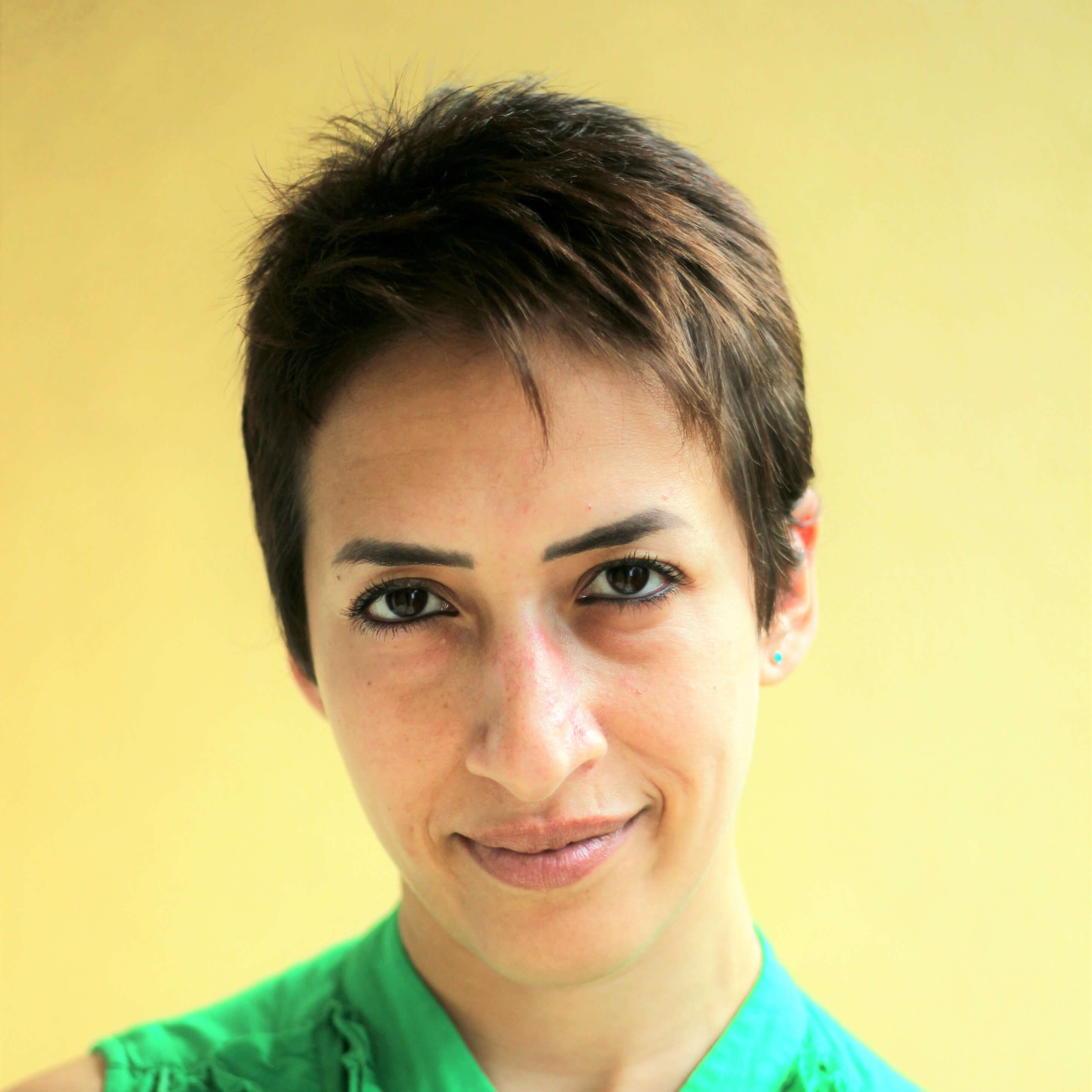
Amira Hanafy
Senior Scientist, University Hospital Bonn
I received my PhD in Pharmaceutics in 2015, during which I developed a nanotechnology-based system to deliver galantamine to the brain intranasally to manage Alzheimer's disease. I have become fascinated by the blood-brain barrier functionality ever since, trying to understand how it is dynamically altered in pathophysiological statuses and capitalizing on this knowledge to design treatments far more efficiently.
As a senior postdoc at the University Hospital Bonn, I have been working with a novel blood-brain barrier model based on acute murine brain slices and real-time two photon microscopic imaging. I have been using this model to study the blood-brain barrier dynamics in different diseases such as epilepsy and Alzheimer’s disease and to identify the developmental

Antara Sengupta
PhD candidate, CSIR-Institute of Genomics and Integrative Biology
I received my Master's Degree in Biotechnology from St. Xavier's College, Kolkata (India) . Currently, I am pursuing my Doctoral studies at CSIR-Institute of Genomics and Integrative Biology (India), on epigenetic regulation of hTERT (Human Telomerase Reverse Transcriptase) gene and the potential role of telomeric and non-telomeric G-quadruplex structures. Apart from life in the laboratory, I like spending time in performance arts like singing and dancing and contributing to social causes mostly related to education.
I am passionate about popularising scientific research and its outcomes among the general masses. A step prior to it, is to be able to communicate one’s observations to the broader scientific community. Bio-protocol aims to

Atin Sharma
Post Doc, Umeå University
I am a molecular biologist by training and interested in studying virulence factors of Shigella – a Gram negative bacterial pathogen. I learnt about Bio-protocol when I started as a Postdoc and my PI asked me to submit a protocol that I had recently been working on. It was a great exercise as not only do I keep referring back to that protocol, but it was also featured as one of the most viewed protocols that year. The fine details mentioned in each bio-protocol is one of the key features that ensures reproducibility. As an ambassador, I wish to promote Bio-protocol and inspire other researchers to submit their optimized protocols in order to make best of their experience.
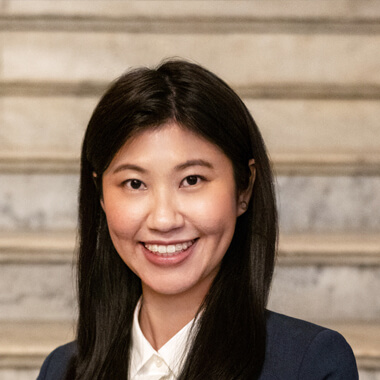
Cherry Cheuk Lam Cheung
Ph. D. Candidate, Indiana University School of Medicine
As a young researcher in immunology, I've had experienced numerous difficulties in reproducing published methods and results. I'm glad to be part of the team to end this reproducibility crisis via promoting free, open resources and transparency in scientific protocols. Through this program I hope to apply my communication skills and solid scientific knowledge to promote trust in science by improving reproductivity and accelerate research process. I'm honored to be a Bio-protocol Ambassador and looking forward to meeting you all.
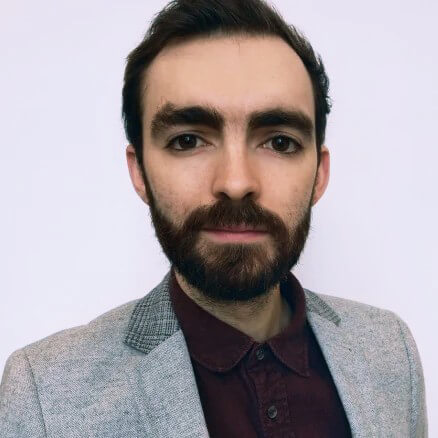
Jack Hopkins
PhD candidate, University College London
I am a final year PhD student in quite a small laboratory. My project concentrates on screening immortalised cancer cell lines with different biological macromolecules. I have found that I spend a lot of time comparing methods from different sources when establishing protocols for my own experiments. Often, there are major differences between sources which leads to confusion and difficulties when reproducing experiments.
By being a Bio-protocol's Ambassador, I hope I will be able to standardise experimental protocols which can then be optimised for specific laboratory procedures. This will reduce the time spent trying to create new protocols and, given the open accessibility of Bio-protocol, enable researchers to generate reproducible data that can be easily traced.
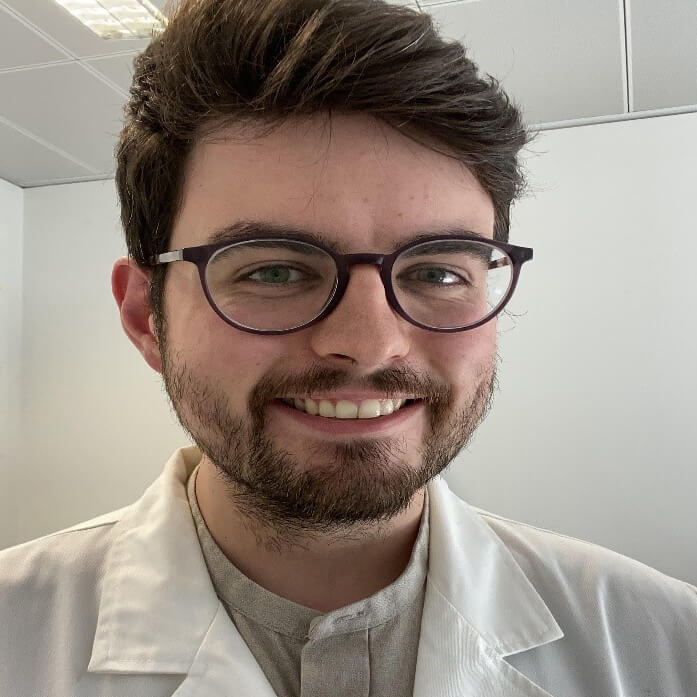
John Downey
PhD candidate, EPSRC-SFI Centre
Hello, my name is John Downey. I joined the EPSRC-SFI Centre for Doctoral Training in Transformative Pharmaceutical Technologies as a PhD student of the SSPC in 2020. I investigate the effect of different material properties on protein/peptide adsorption behaviour and the consequent impact on protein functional behaviour and stability. I also examine formulation design to mitigate the risk of protein adsorption to manufacturing equipment and packaging materials. My research is greatly dependant on RP-HPLC for the quantitative analysis of adsorbed proteins. In the literature, there are a vast number of methods for RP-HPLC analysis of biopharmaceuticals, and each method can differ considerably from one another with respect to variables such as injection volume, detection
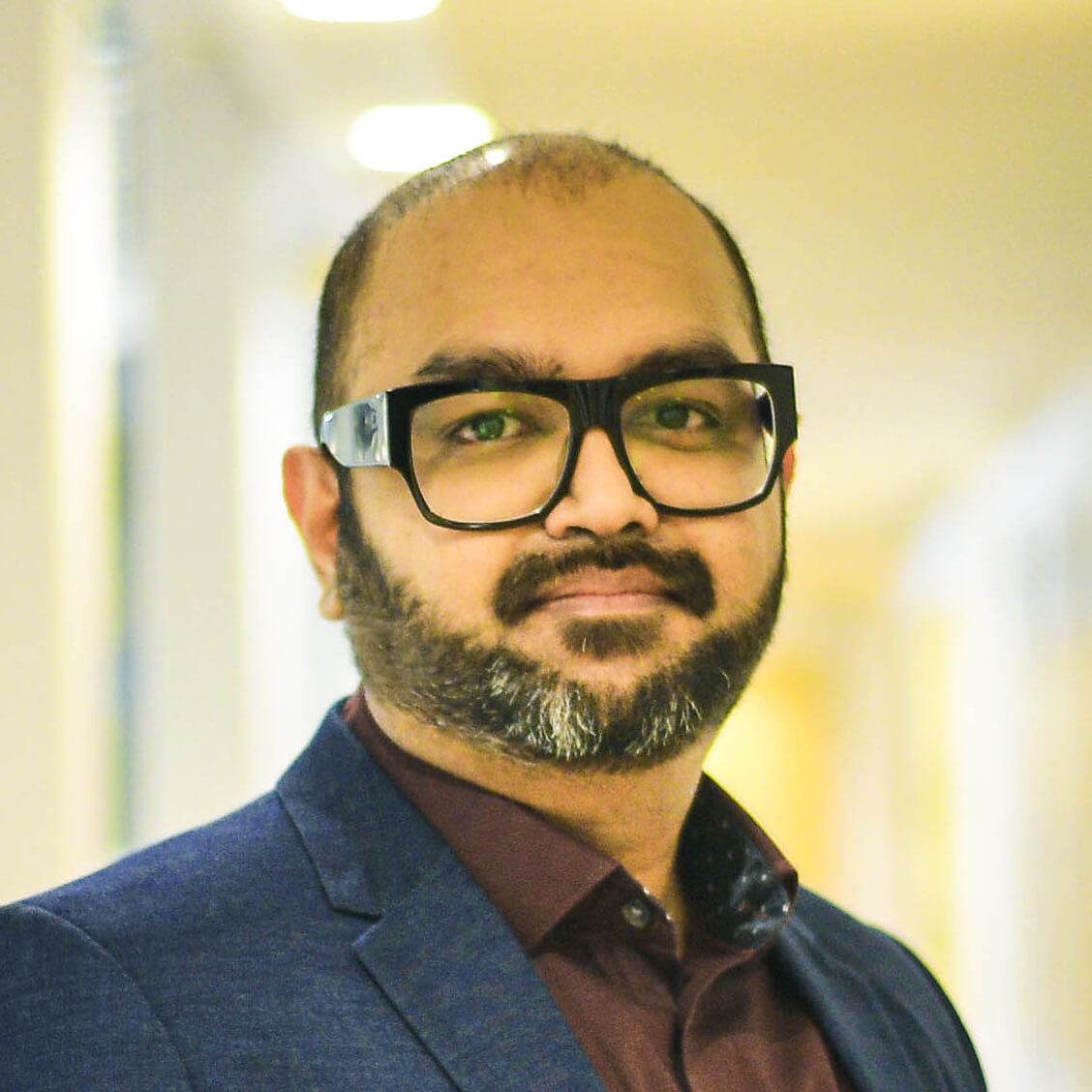
Jack Jonathan Hira
Post-Doc, UiT The Arctic University of Norway
I am a science wanderer, enthusiastic enough to lead my research journey in the field of molecular cell biology, bioinformatics, marine biotechnology, and clinical microbiology. Currently, as Post-doc at UiT The Arctic University of Norway, I am involved in developing methods for investigating phenotypic heterogeneity of bacteria at single-cell resolution. Since single-cell study is my new play, I love working with microfluidics, artificial cells, and probe chemistry. My method-developing passion encourages me to learn and adapt to new methods and protocols. Thus, Bio-protocol is my platform of choice for learning and popularizing novel methods that I am working with. My upcoming teacher's training program also encourages me to let students know more about the science reproducibility and ethical perspective in
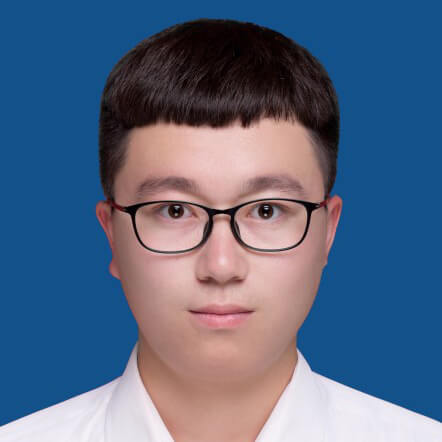
Junfeng Lu
PhD candidate, Northwest A&F University
I still remember the first time when I used the Bio-protocol. It was early 2019, I was working on my PhD project, and I was a newbie in using the mice model. I took about the whole afternoon searching the mouse as keywords on the website of Bio-protocol. On July 5th, 2020, the editor invited me to join the Assistant Reviewer Board. The training about how to become a reviewer helped me a lot, and I was excited to become an early reviewer. For the last three years, I have benefited from the platform and network Bio-protocol has built. Now, as a Bio-protocol Ambassador, I hope to work with young researchers to improve reproducibility and accelerate discovery in life science research.
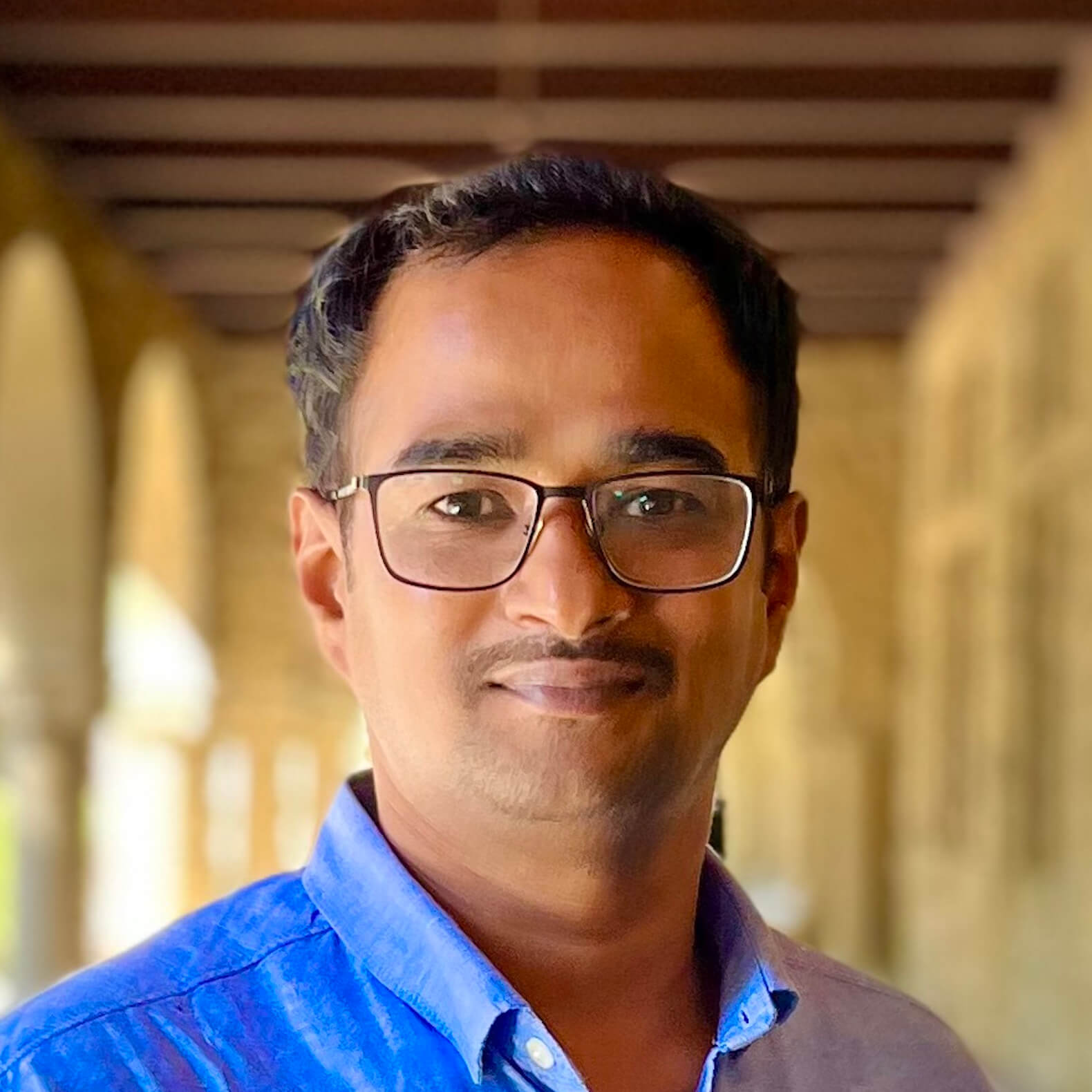
Kif Liakath-Ali
Post Doc, Stanford University
I'm a postdoctoral fellow working in the field of molecular neurosciences at Stanford University. I always aspire to become a part of initiatives that promote activities that are imperative to mend the problems that afflict today’s science. I believe open science is better science and envisage an utopian scientific enterprise where everything is transparent, reproducible, open to all and ethically done. I truly believe it is possible to push for such changes in this age, where the resources are endless. In my previous role as an early career researcher Ambassador with eLife, I was actively involved in promoting the need for reproducibility and transparency in bioscience. I’ve gained valuable insights of science communication, integrity, ethics and philosophy during my PhD and postdoctoral trainings at

Mak Sarwar
Co-chair, Gynaecological Cancer League
Dr Makhdoom Sarwar (Mak) is a clinical scientist, and a co-chair of Gynaecological Cancer League, a special interest group comprised of clinicians/scientists working in Gynaecological oncology and Gynaecological cancer translational research. As an executive committee member of the New Zealand Association of Breast Cancer Research (NZABC), and the Early and Mid-Career Researcher (EMCR) group - Otago health sciences division, he is involved and participates in various activities, such as organising conferences/workshops, governance and group management. He has an extensive publication and clinical research portfolio and has participated in several national/international clinical and observational studies. He is particularly interested in exploring combination treatments.
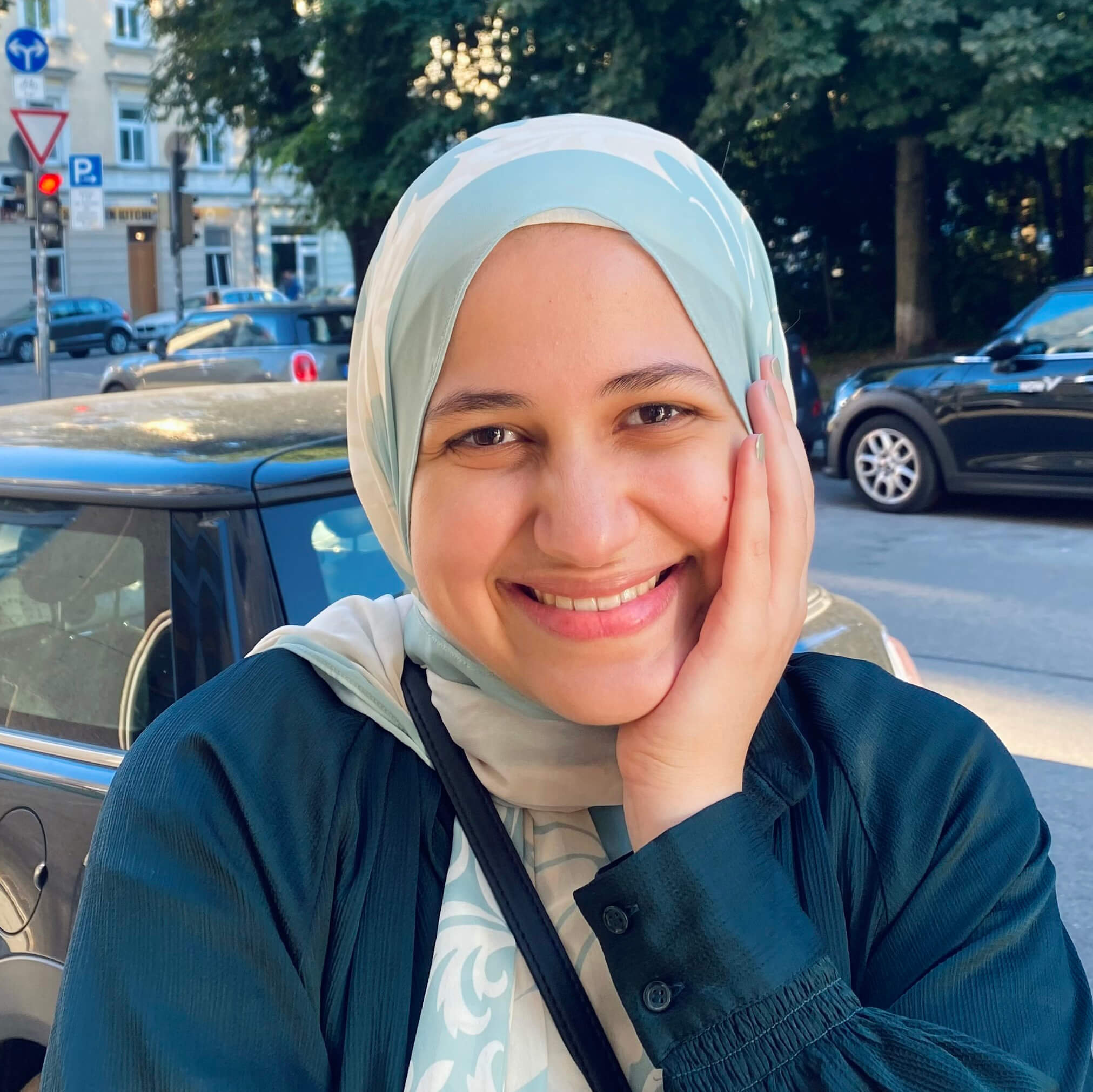
Mariam Elbaz
Graduated, Ain shams University
A fun fact about me is that I wanted to marry a penguin when I was a kid. That's how enthusiastic I was about nature and wildlife. Hi, this is Mariam Elbaz, a 22 year old Egyptian woman. I've just graduated from the Faculty of Science, Ain shams University. I did a Bachelor degree in Biotechnology. During my study, I noticed the drastic disconnect between science and society's understanding of it. That's when I knew I wanted to fill this gap. Aside from marrying a penguin, I wanted to become a writer, a storyteller, specifically a visual storyteller. That's why I am interested in science communication. I want to help people contemplate the beauty of nature and help scientists communicate their work to the public. Nice to meet you, fellow human.
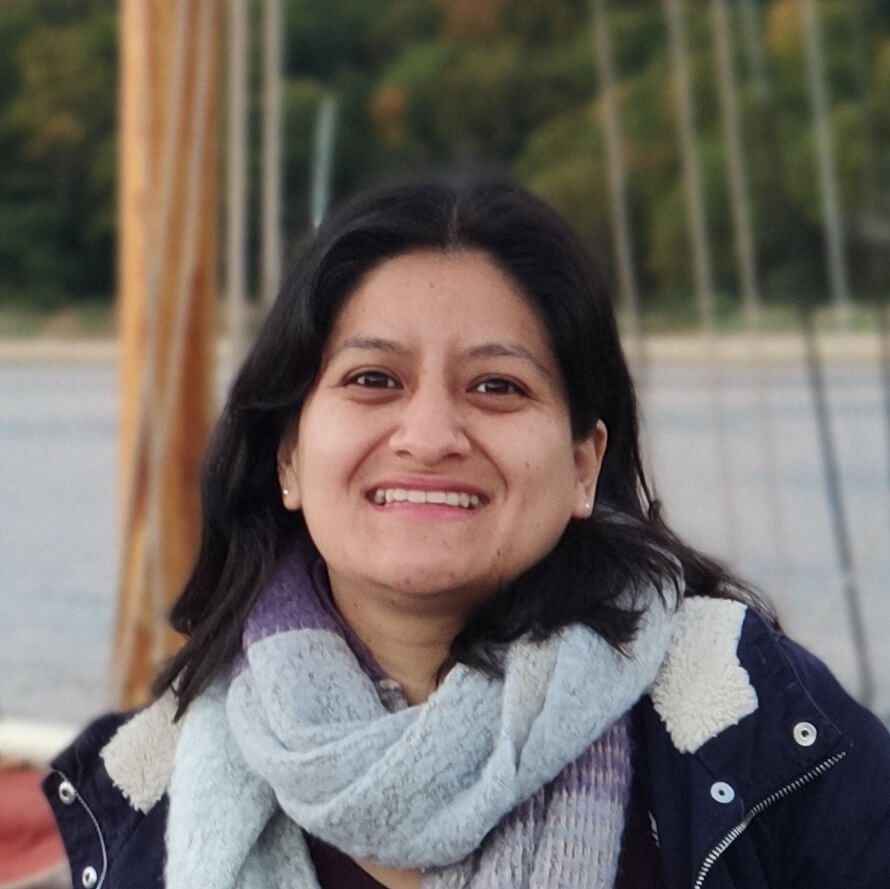
Mariella Quispe-Carbajal
PhD candidate, Stony Brook University
Mariella Quispe-Carbajal was born and raised in Lima, Peru. She is Ph.D. Candidate in Biochemistry & Structural Biology at Stony Brook University, New York in the laboratory of Dr. Steven E. Glynn. Her research focuses on the mitochondrial quality control surveillance system in which AAA+ proteases are key players to remove oxidized, misfolded and unnecessary proteins to maintain proteostasis within the cell. Her current project aims to gain insight into the molecular mechanism of substrate recognition by mitochondrial proteases using biophysical tools. She is honored to join the 2022-2023 cohort of Bio-protocol Ambassador Program and aspires to promote transparent, reproducibility and accuracy of Bio-protocol publications to the scientific community. In particular, she firmly believes that
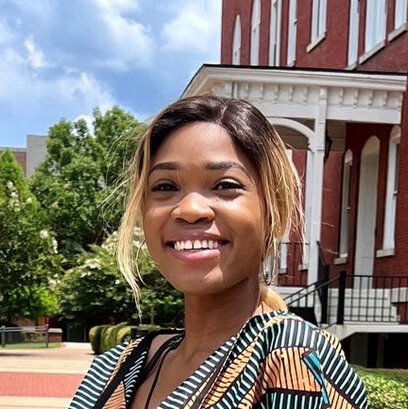
Mary Akinyuwa
PhD candidate, Auburn University
Mary is an exploration enthusiast. She has multidisciplinary and intercontinental experience. Her research philosophy is using molecular techniques to contribute to sustainable agriculture. As a Ph.D. student, her current heartache is the omission of detailed research methodologies in published papers. This poses a significant impediment to research reproducibility and effective science communication.
Being a Bio-protocol ambassador, she wants to contribute to making life easier for trainees like herself. Ultimately, her contribution will support the creation of a database for methodologies that could be easily cited. This will enable researchers to focus on using word limit restrictions to showcase their exciting results. To achieve this, she intends to leverage her diverse
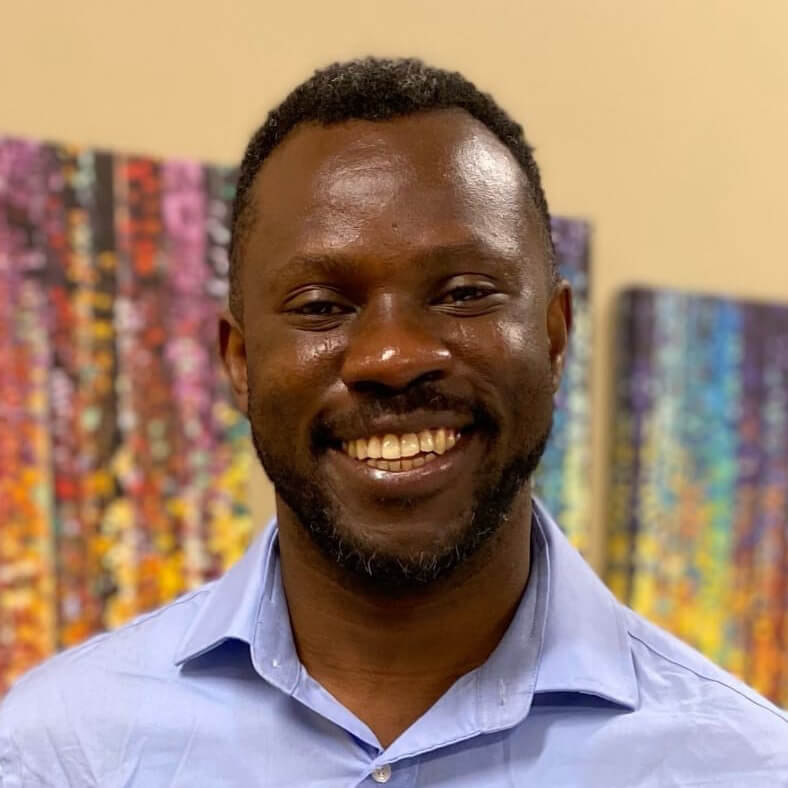
Matthew Ogwu
Assistant Professor, Appalachian State University
As a Bio-protocol ambassador, I wish to serve the scientific community and horn my science communication skills. Bio-protocol is an industry leader in experimental reproducibility, open science, and use of preprint and as an ambassador, I plan to leverage my position to promote their mission and vision to other early career scientists. I believe their mission and vision will enable early career scientists like myself to work, learn, innovate and become better and stronger together with a view to strengthening the global scientific community in the long run. In this age of transdisciplinary and convergence research, nothing builds community better than reproducibility of research and this key lies in detailed methodology.
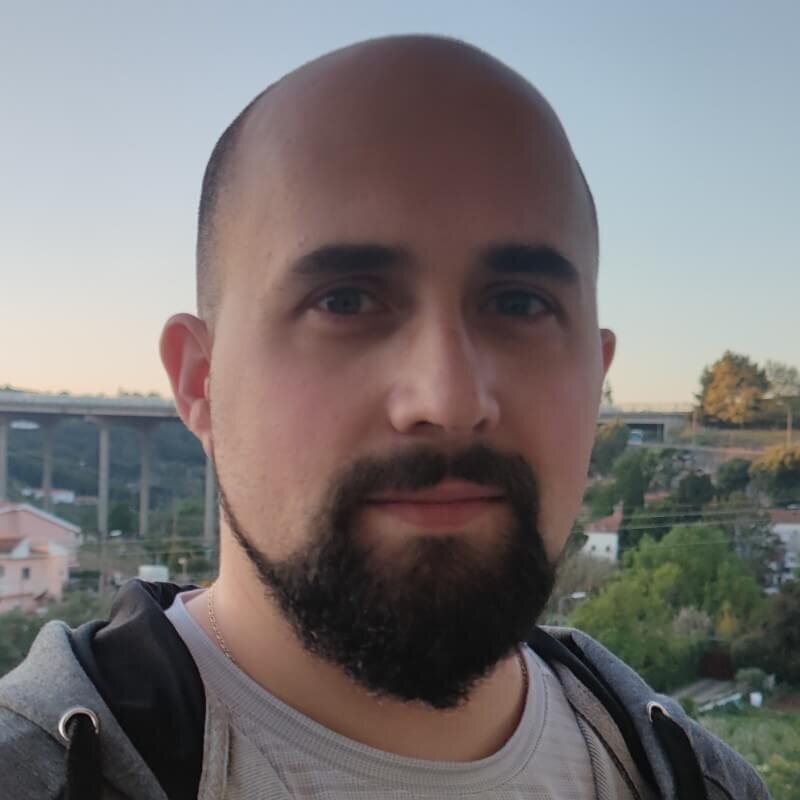
Nacho Vilchez
Auxiliary Researcher, GREEN-IT Research Unit
Auxiliary researcher at ITQB NOVA in plant-microbes beneficial interactions. I'm focused in stress-tolerance enhancement by using approaches as epigenetic regulation, multi-omics and signalling-involved molecules characterization and modelling.
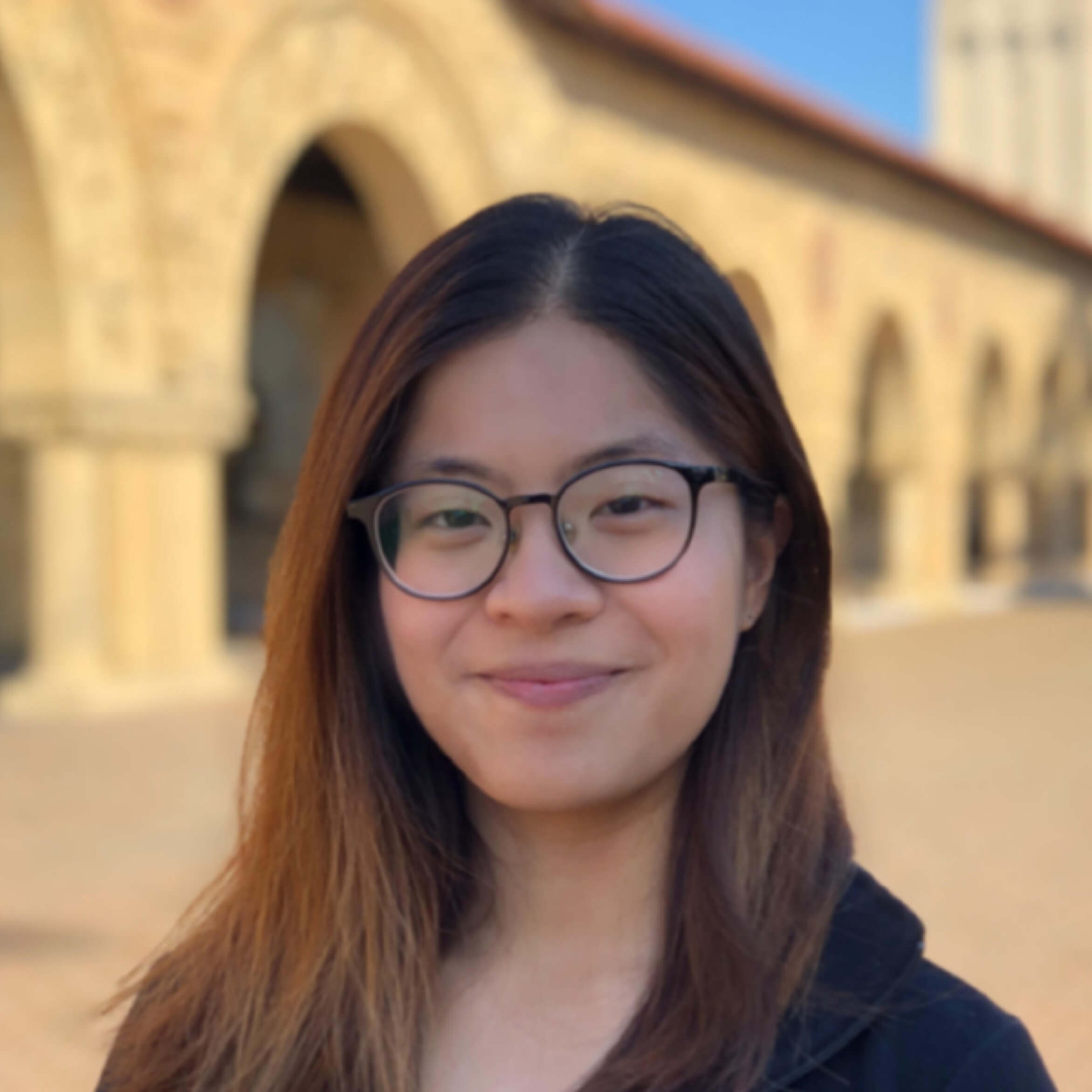
Nicole Pek
PhD candidate, University of Cincinnati
Nicole is a PhD candidate majoring in Molecular and Developmental Biology at Cincinnati Children’s Hospital Medical Center and University of Cincinnati. She is currently conducting research at the Department of Pulmonary Biology and Center for Stem Cell and Organoid Medicine (CuSTOM). Here primary research focus lies in stem cell and vascular biology. Currently, she is working on utilizing vascular cells and vessel organoids derived from patient-specific induced pluripotent stem cells to model and study complex human diseases, as well as cardiopulmonary development. After graduating with B.Sc. (Hons) (specialization in Biomedical Sciences) at the National University of Singapore, she received scientific training in well-established research institutions such as the
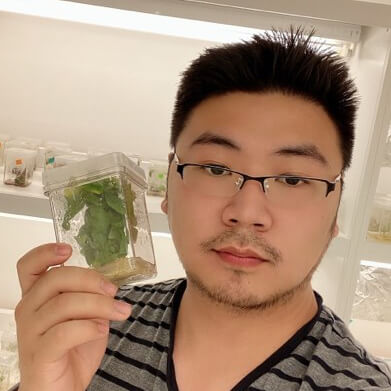
Noah Xiao
PhD candidate, Brock University
Wantao Noah Xiao is currently a PhD student in Biotechnology program at Brock University after completing his Master of Science degree at McMaster University. His research projects integrate many aspects of STEM research, ranging from plant biology to neuroscience. For that reason, Noah enjoys learning a variety of techniques and skills in the lab. His biggest hobby is researching everyday common gadgets and learning the mechanism of their function.

Piyush Gupta
PhD Scholar, University of Freiburg
My name is Piyush Gupta, a PhD Scholar at University of Freiburg, Germany. My research area focus on stress response and involvement of signaling pathways under stress in C.elegans. As an early career researcher, I want to use the opportunity of Bio-protocol ambassador to share scientific platform like Bio-protocol to engage people in good scientific practice and reproducibility of scientific data. I remember my initial days of early career researcher I was struggling for standardization of a protocol which was not reproducible but later on got feedback from scientific community and got to know about Bio-protocol. It was really helpful for me to use standardized protocols which are freely available on Bio-protocol. I highly appreciate this initiative of Bio-protocol ambassador program which
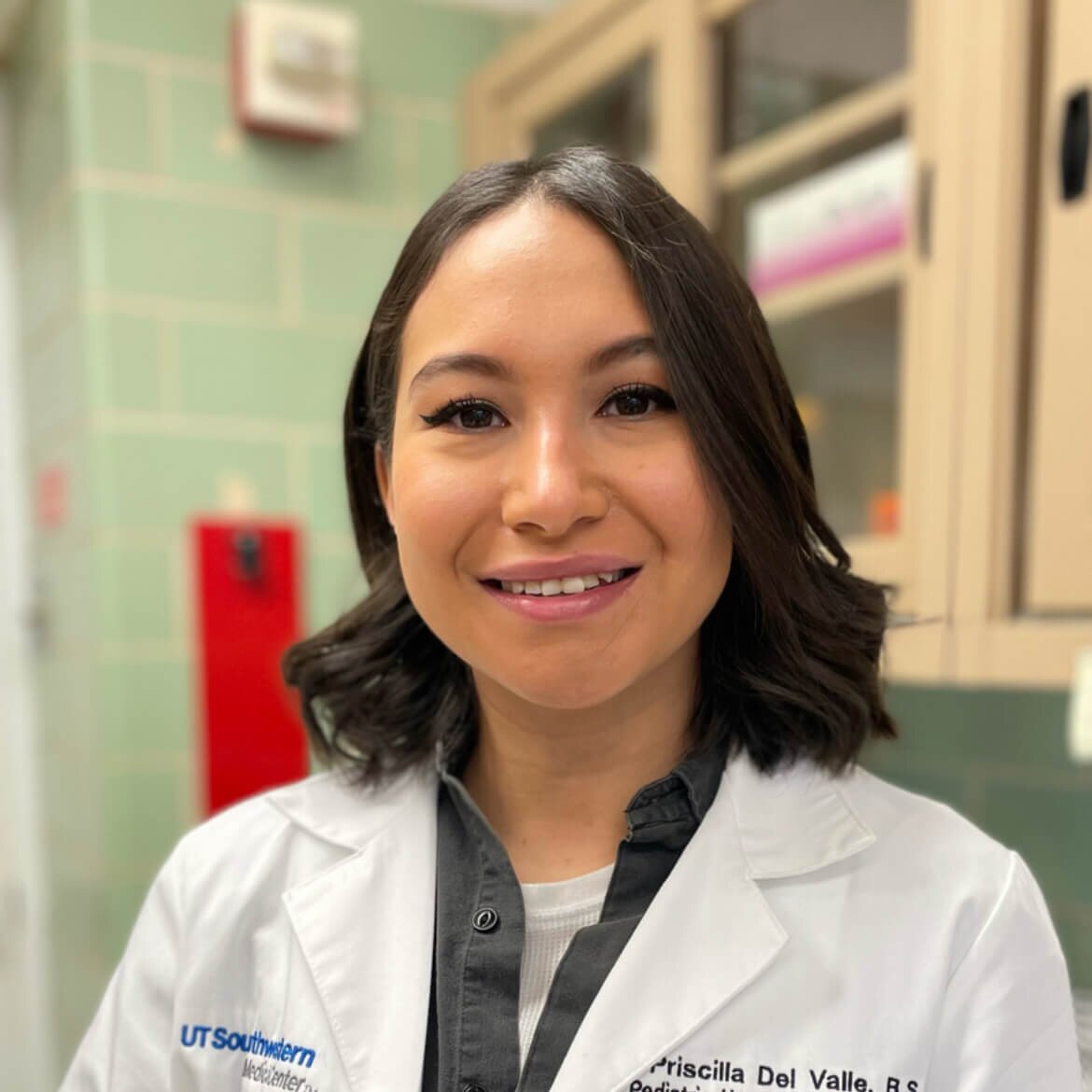
Priscilla Del Valle
PhD candidate, UT Southwestern Medical Center
I am a 4th year PhD student at UT Southwestern Medical Center studying the role of the gut microbiota in the modulation of cancer immune checkpoint inhibitor therapy. I am from El Paso, TX and attended UT El Paso for my undergraduate degree in Microbiology. I am Hispanic (Mexican-American) and I speak English and Spanish. I am excited to be a Bio-protocol Ambassador because I am passionate about inclusive science communication. I hope to be able to share with my community how important it is to increase research reproducibility and network with like-minded scientists around the world.
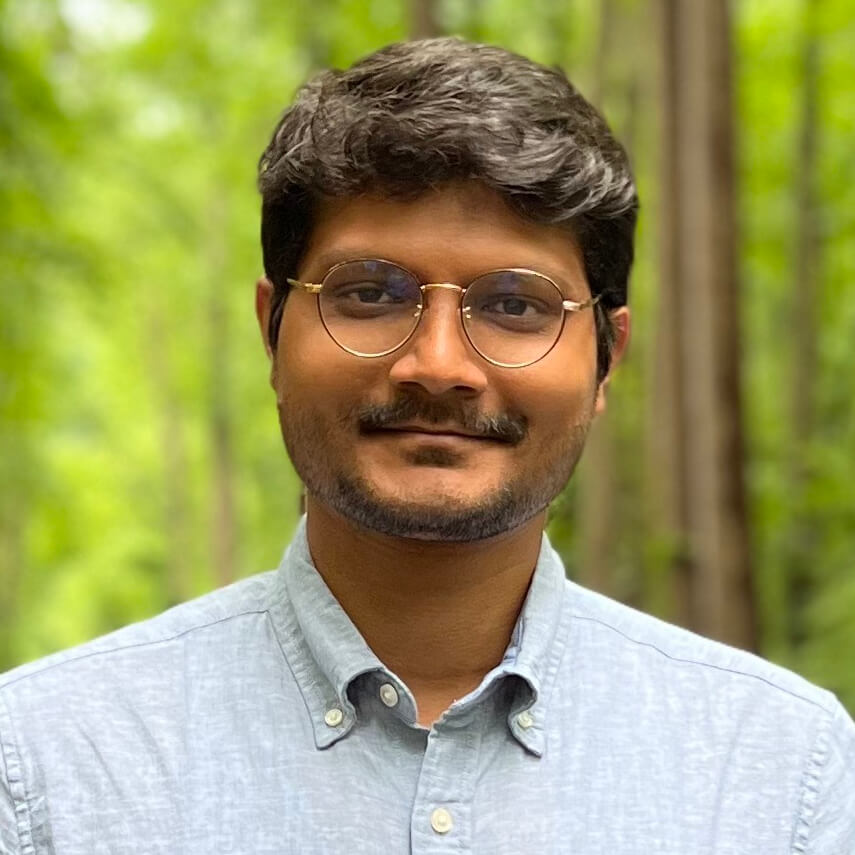
Sounak Sahu
Post Doc, National Cancer Institute
I am currently a postdoctoral fellow at the National Cancer Institute (NCI), USA working at the interface of CRISPR-Cas9-based genome editing and 3D organoids to understand organ development and model human disease. During my graduate studies at the University of Oxford, UK, I got trained in the field of Stem cells, Cancer, and Developmental Biology and found my interest and need for reproducible and open access research. Beyond working in the lab, I am equally passionate about mentoring, peer-reviewing, science communication, and outreach. As an ambassador, I will contribute to the broader goals of “Bioprotocol” and increase reproducibility and access to scientific research in the wider STEM community.

Swapna G. Naik
Associate Research Scientist, Yale University, School of Medicine
During my graduate research career I experienced several challenges in having reproducibility with experimental data. Bio-protocol has always been one such reliable resource since my formative years of research. As a Bio-protocol Ambassador I want to address the challenges faced by scientists and help share the vision of Bio-protocol with the scientific community world-wide to improve reproducibility, and make sure their scientific journey is as productive. Science enables us to discover and better understand some of the challenges faced by humanity,and thus allows us to promote, create effective solutions to overcome them. The innovation and rapidly evolving technology offers us the best platforms to perform scientific experiments. However, scientists rely on highly-efficient methodologies to test their hypothesis. Based on my background in molecular biology, biochemistry and applications of some analytical tools, I strongly believe, precision in an experimental protocol remains primary, as they contain all the key elements for reproducibility and accuracy. With the plethora of information coming our way, it can be overwhelming and stressful while performing scientific research. It is imperative to have easily accessible platforms that not just provide accurate information but simplify techniques. I believe in creating an interactive platform for engaging talents from various diverse backgrounds that help us provide and exchange knowledge and enhance our learning in creating a better world.
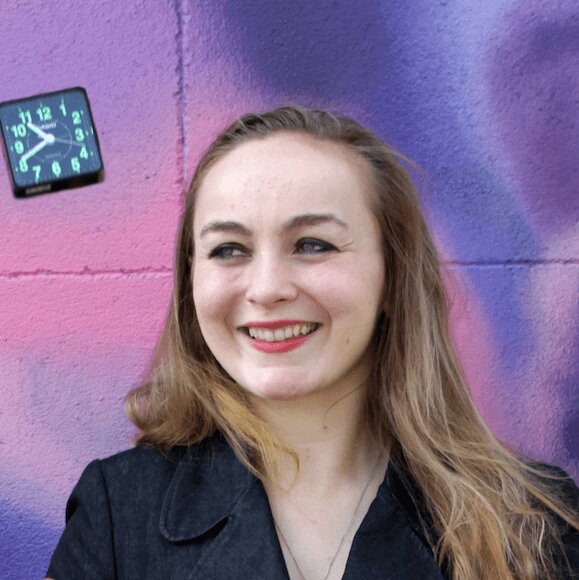
Tammy Strickland
PhD candidate, Royal College of Surgeons in Ireland
I have always been interested in understanding the molecular basis of CNS diseases. I have studied neurobiology throughout my time in university in Ireland and abroad. I have extensive experience working on preclinical, clinical (paediatric neurology), and translational research. I graduated with a BSc in Human Health and Disease from Trinity College Dublin and with an MSc in Regenerative Medicine from National University of Ireland, Galway.
I am currently undertaking a PhD under the supervision of Dr Cristina Reschke at the Royal College of Surgeons in Ireland (RCSI) University of Medicine and Health Sciences and am funded by the Irish Research Council and the NUI Awards. My project is in association with the School of Pharmacy and Biomolecular Sciences and FutureNeuro, an SFI Research
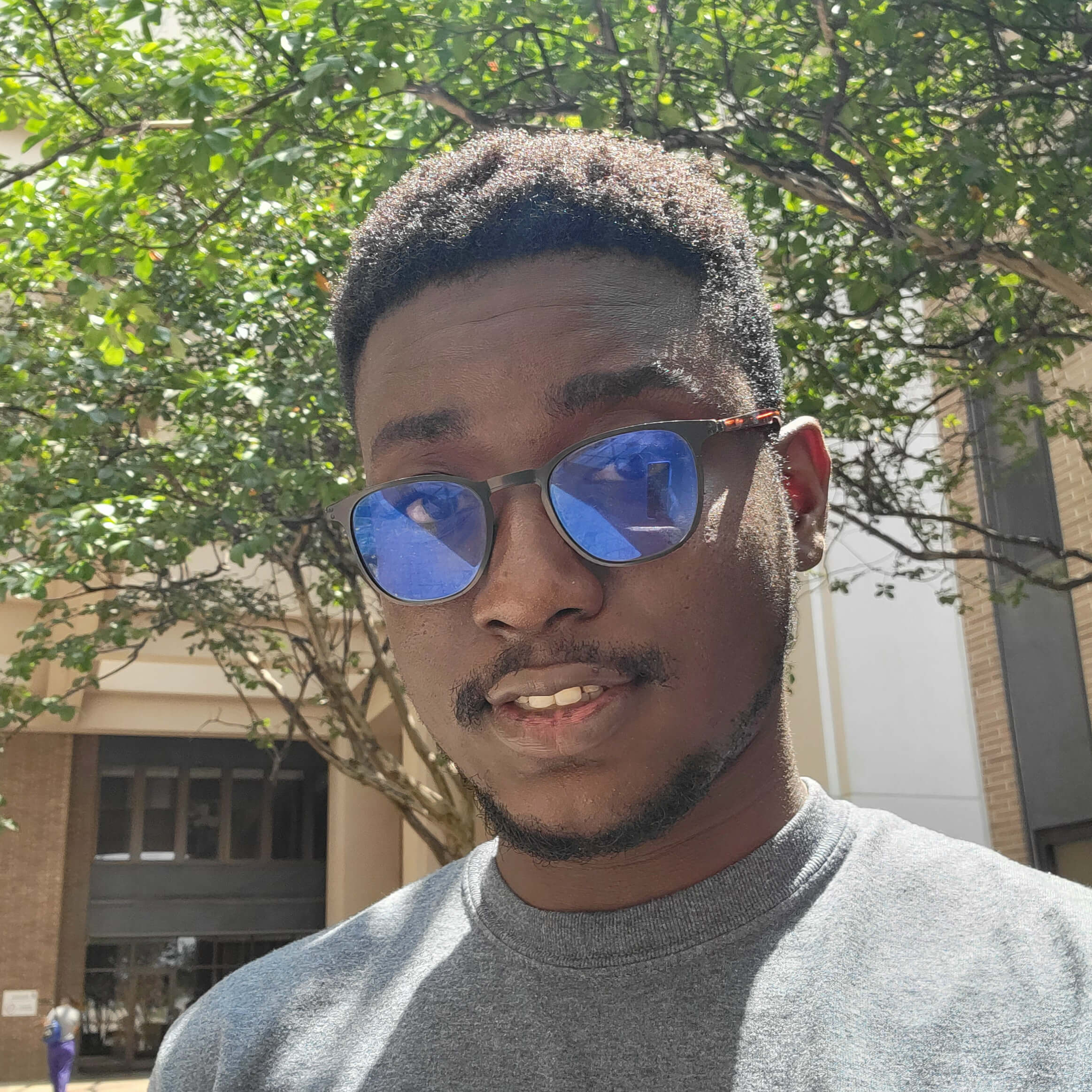
Temitayo Bamgbose
PhD candidate, Louisiana State University
Temitayo is an accomplished science communicator and a protean writer with a wealth of experience writing for blogs, magazines, other periodicals, and start-ups. He holds a bachelor's degree in microbiology and is on the verge of obtaining his PhD in Microbiology and Immunology. Tayo has won several notable awards for his science communication skills, and he is currently the communications chair of the graduate school at Louisiana State University Health Sciences Center Shreveport. When he is not pipetting or bridging the gap between scientists and the public, Tayo enjoys watching and playing soccer.

Vaishnavi Dandavate
PhD candidate, Weizmann Institute of Science
My name is Vaishnavi Dandavate. I am a PhD student with Prof Gad Asher at the Weizmann Institute of Science, Israel. Our lab primarily studies circadian rhythms in conjunction with metabolic pathways, oxygen signalling, exercise physiology and many more. As an active member of the chronobiology field, I strongly advocate bringing time as an integral part of any standardized protocol. As we explore several different physiological processes under the spotlight of the clock, we notice that almost all the biological processes have an active clock ticking in its background. This yields in observations being strongly time sensitive. Some journals are taking a positive step in this direction as they more commonly ask for experiments to be controlled according to the biological clock, but we still
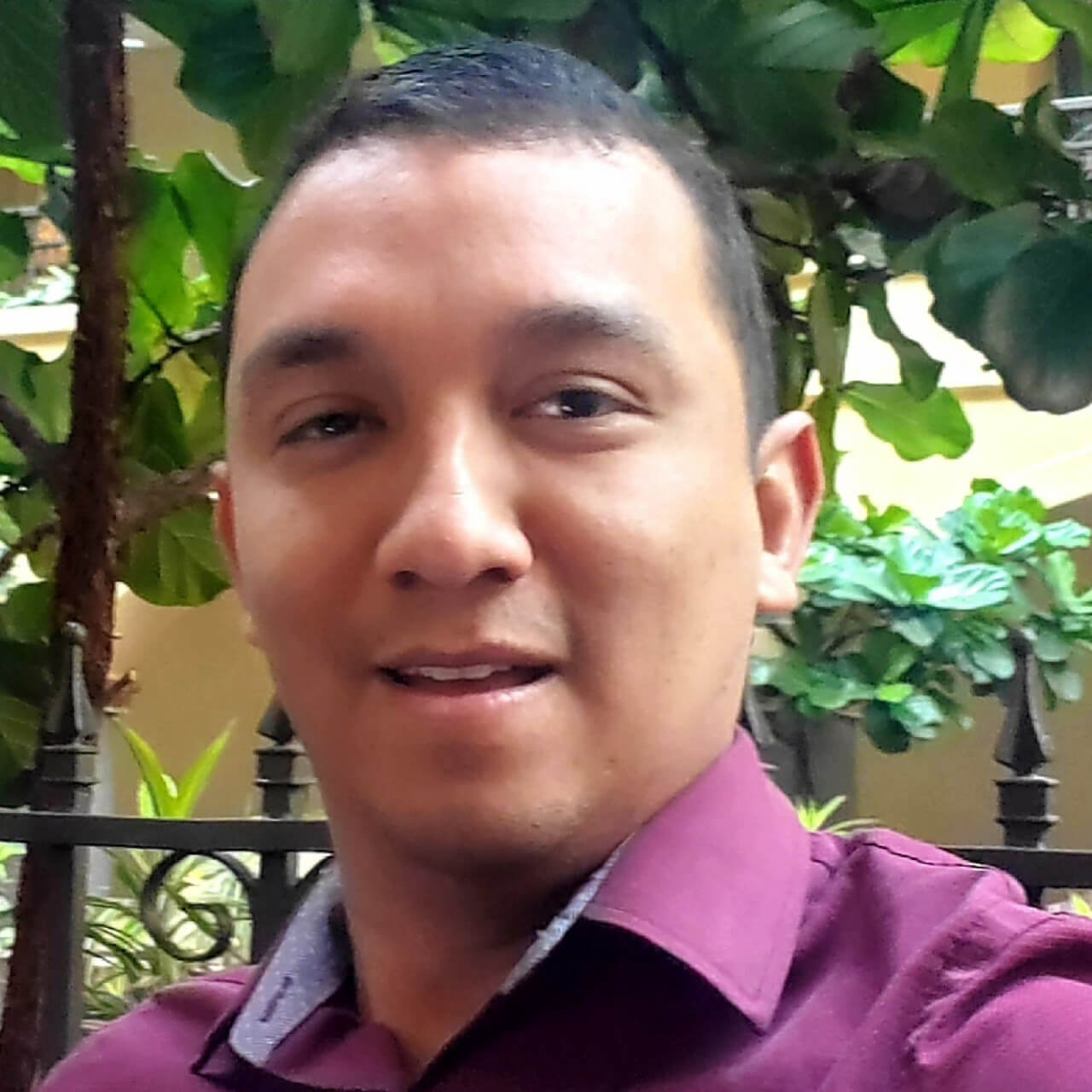
Willy Carrasquel Ursulaez
Researcher, Washington University
I am grateful for the opportunity to be a part of the Ambassador program. Bio-protocol is one of my favorite journals because I am convinced that experimental reproducibility is critical for research quality. One of my primary research objectives is to develop new methods and optimize or adapt existing approaches to studying new questions, with a focus on reproducibility and accuracy. To increase their chances of being useful to a large research community, I want to develop new approaches and techniques that are reliable, accurate, and cost-effective. That is why I support Bio-protocol's mission of promoting experimental reproducibility by publishing systematic detailed experimental procedures that can be used even by people who are new to a particular field.

Ying Yang
PhD candidate, Beijing Forestry University
I am very happy to join the campus ambassador, to learn about this Bio-protocol journal and to help scientific researchers in need, especially students who are new to scientific research. Bio-protocol is an online open-source journal, designed to improve experiment reproducibility and transparency. When we do not know how to do experiments, and the experimental results cannot be repeated, the bio-protocol journal provides a great platform for sharing experimental methods, making it easier for each of us to contact scientific research and authors. So let people know this journal is helpful for research and conducting experiments. As a PHD student, a beginner in scientific research, it is of great significance to promote this journal in school to help more young researchers solve scientific problems, and I am willing to
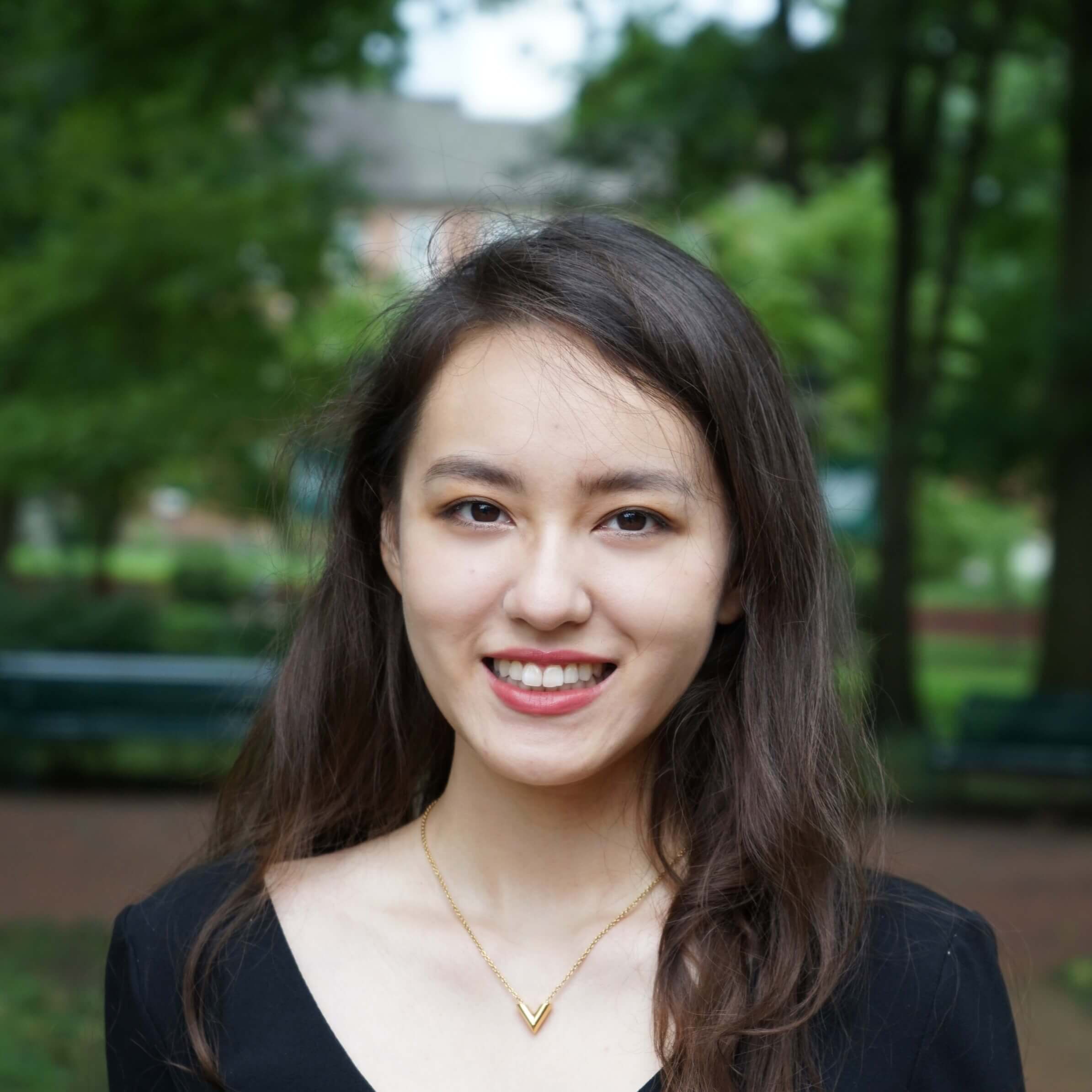
Yuxi Zhou
PhD candidate, Ohio University
I am a PhD student in Chemistry and Biochemistry at Ohio University. I am very passionate about learning new things in order to broaden my vision and improve current research methods. I believe it is very important to establish a reproducible and transparent science environment. I am fascinated about the idea of building an open-access, reproducible platform through Bio-protocol to benefit more scientists. I have been active in volunteering in different organizations for event support and advertising. I would like to help Bio-protocol build a better platform for scientists who can exchange ideas and stories to enhance the scientific community.
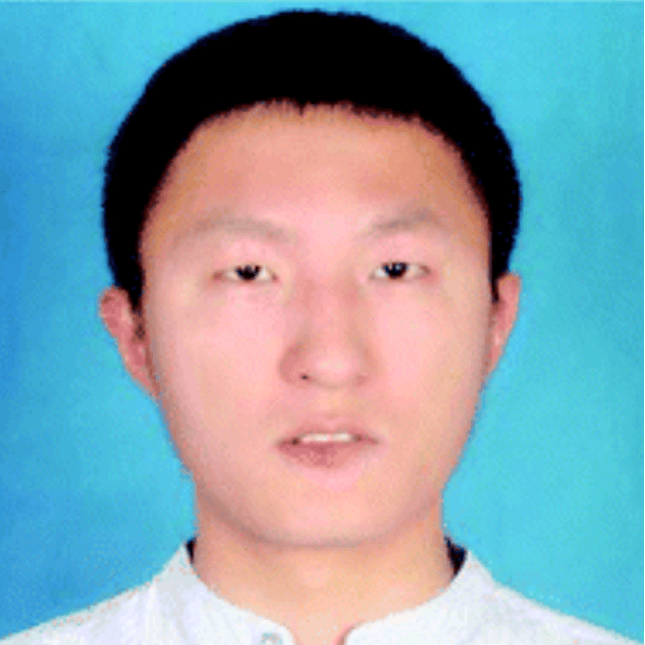
Zhenfu Wen
Ph. D. Candidate, Sun Yat-sen University
First, I have a dream that became a teacher for sharing knowledge with people around me. I think the position of campus ambassador is an excellent change to cultivate and exercise the ability to knowledge spreading. Second, make a gift of rose, hand stay lingering fragrance. I hope I can help students with help in experiment by bio-protocol platform. Myself is a scientific research worker, and I am used to trouble by experiment because of the experiment that the protocol is provided by literature can’t be reproduced in in most cases. I am willing to share the reliable protocol in life science field and help scientific research worker to solving the barrier. My original intention is consistent with bio-protocol purpose. So, I sincerely hope to join the bio-protocol family and help more
Former Ambassadors

Amey Redkar
Postdoc, University of Cordoba
I very much appreciate the initiative to create this Ambassador program to promote experimental reproducibility and to highlight Bio-protocol to the broad scientific community. I am advocating for open and transparent science through several programs and enjoy promoting the exchange of ideas and thoughts within the early career researchers’ community. As an author, reviewer, and associate editor, I am well aware of the mission, objectives, and team efforts Bio-protocol in the promotion experimental reproducibility by publishing step-by-step detailed experimental procedures which can be used even by first hand undergraduate students. I would like to promote this platform, through the University where I have direct contact with undergraduates through Bachelor/Master Courses.

Dheeraj Rathore
Post-doctoral Researcher, Teagasc
I am fascinated about the idea of experimental reproducibility through Bio-protocol; an open access online journal. During my scientific career, I have been writing Standard Operating Procedures, to help trouble shooting, train new staff & students while reproducing the experimental work. By publishing a part of my thesis in Bio-protocol, I realised the importance of open access protocols to all the scientific community at no cost, accelerating the discoveries in life science research. I have since, encouraged the use Bio-protocol publications to the technical staff & PhD students while setting up of new methods in my department. As a Bio-protocol Ambassador, I hope to help share their vision of efficient and reproducible science to a wider community.

Jarrett Man
PhD candidate, Umass Amherst
It's striking how many general lab protocols lack clarity and require interpretation. Most common protocols are shared in an ongoing game of telephone, many of which are clearly designed by very clever people without enough time or attention to ensure that they are unambiguous for inexperienced users. I appreciate the dedicated position that Bio-protocols takes on the matter, that reproducibility and openness are as critical as the data. I haven’t been in science for too long, but I really enjoy tinkering with and improving protocols, and want to support the Bio-protocol mission of peer-reviewed publications of efficient and clear protocols.

Jian Chen
Post-Doc,Washington University School of Medicine
I am an author and an experienced reviewer of Bio-protocol. Bio-protocol has established a great network of researchers from around the globe, by allowing them to freely share their methods. These step-by-step methods are highly reproducible, given they undergo rigid peer review and the authors promptly address questions regarding them. While partnerships with top journals, including eLife, are broadening Bio-protocol’s impact within the research community, having an Ambassador program will be important to further spread its message. As an Ambassador, I want to help to increase researchers’ awareness of this free accessible tool. By promoting Bio-protocol, we will be able to attract the number of good quality and highly reproducible protocols and have a positive impact in the research community.

John LaCava
Associate Professor,
European Research Institute for the Biology of Ageing
As a "methods-centric" research group, our livelihood depends upon the robustness and reproducibility of our work. We routinely publish in methods journals and edited books, including open access ones. We are partly funded under a 'Focused Technology Research and Development' mechanism from NIGMS – thus, we are charged by the NIH with producing and disseminating reliable methods.
I want to use my opportunity as Bio-protocol ambassador to enhance how I can spread, what I believe is, a realistic and humble view of the investigator / open science relationship. I firmly believe that Bio-protocol is an important platform in the cultural shift occurring in research dissemination.

Pushpendra Singh
Postdoctoral Scientist,Walter Reed Army Institute of Research
Over the years, I personally had difficult experiences when reproducing published assays and methods in the lab. I met the Bio-protocol team at a meeting and immediately liked the idea to make research more reproducible. I have been serving as a reviewer ever since. Bio-protocol is doing a great job in publishing critical methods and assays with the required details for reproducibility. I feel great to be associated with Bio-protocol as an Ambassador. I think this will be a wonderful opportunity for me to utilize my years of research experience to actively contribute with something positive for the scientific community.

Sonali Chaturvedi
Scientist,The J David Gladstone Institutes, UCSF
In my tenure as a researcher for more than 12 years, there have been a few incidences where I tried to reproduce data published in leading research journals and failed. To overcome these hurdles, it is imperative that scientists document and share exact experimental procedures. I have been reviewing papers for Bio-protocol and following research articles submitted there. Reading step by step protocols and following them for an experiment has made it easier for me to reproduce experiments. I am a firm believer of open access to science by open science or preprints will help science be more reproducible.

